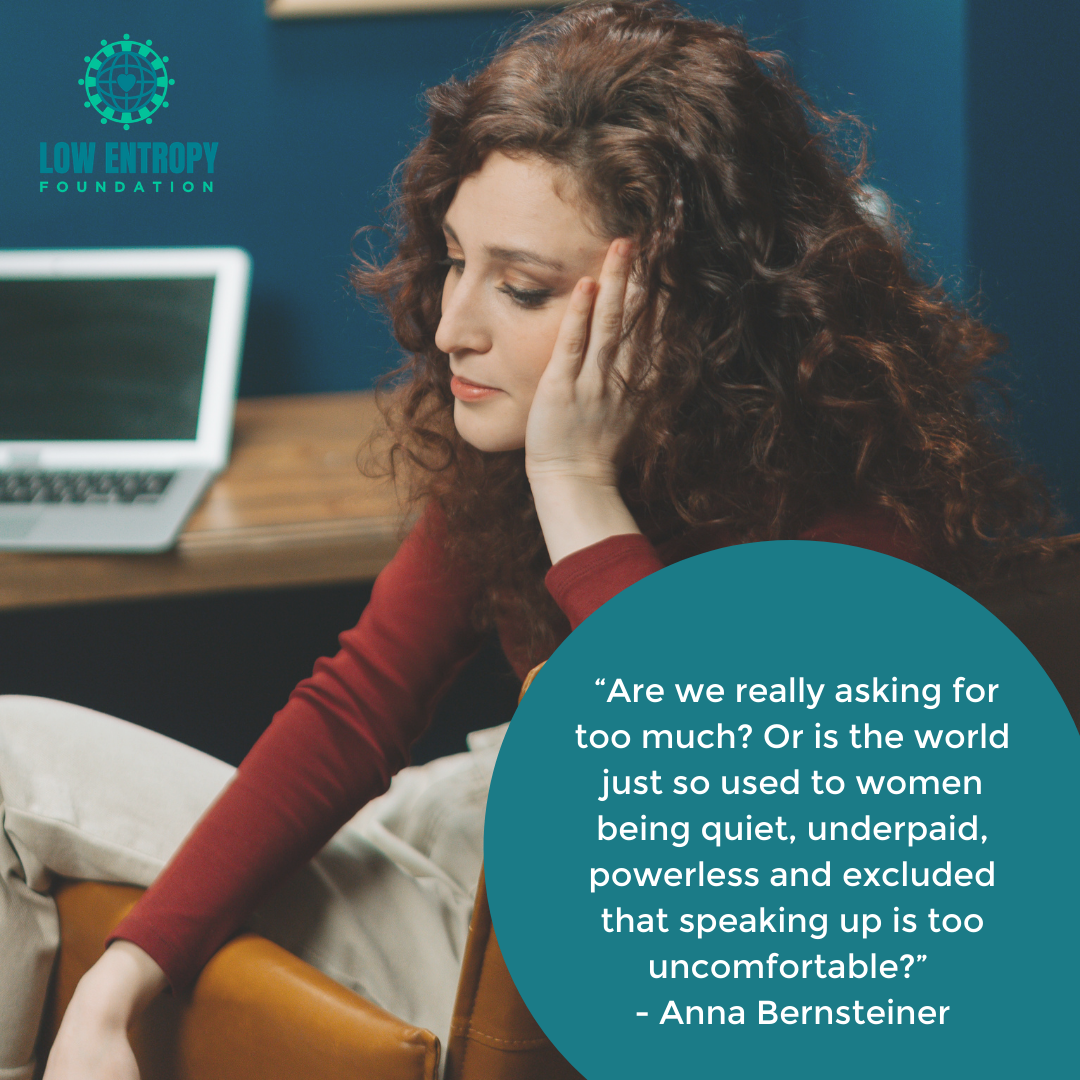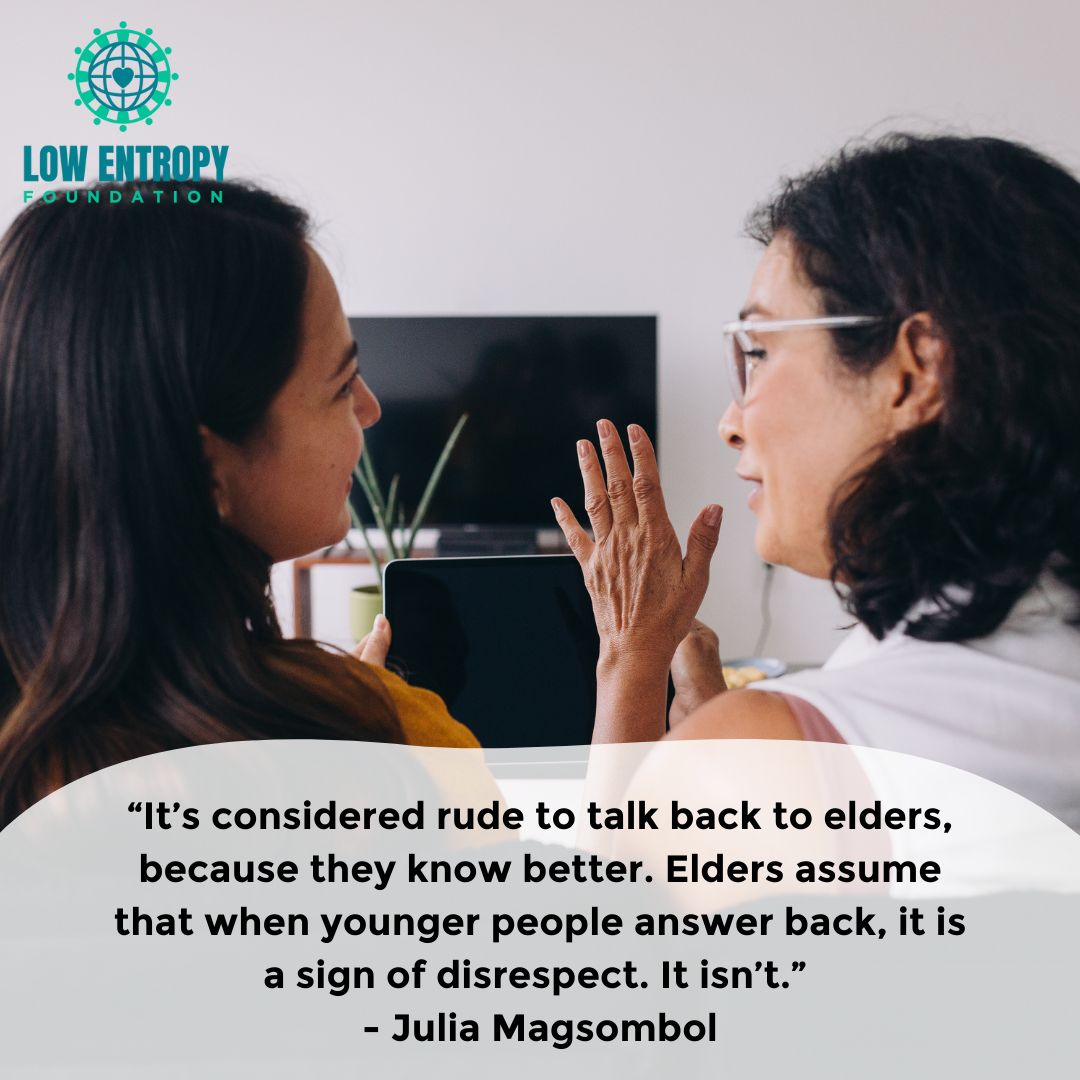The Concept of Creativity and Its Obstacles
January 20, 2023

Najmuddin Hossaini, Low Entropy Volunteer Writer
Everyone agrees that creativity exists, but what creativity is, how it can be understood, and how innovation emerges may be a matter of debate. To better explain, people have definitions of imagination, not an all-encompassing perception. That is because the nature of pluralistic societies requires that we need to recognize the existence of different views on phenomena. Moreover, the norms of a tolerant humane community expect the residents to be flexible and modest toward others in addition to social affairs. Thus, in this brief article, we strive to investigate the inquiry “what is creativity?” as well as review the obstacles to it from perspectives of social and cultural contexts.
Robert E. Franken has written: “Creativity is the tendency to generate or recognize ideas, alternatives, or possibilities that may be useful in solving problems, communicating with others, and entertaining ourselves and others.” According to him, apart from the positive or negative result creativity may bring, it is the process of producing something that is personally or generally favored. To know Kant’s position, Scott Barry Kaufman in online Scientific American wrote: “Kant conceived of artistic genius as an innate capacity to produce works of ‘exemplary originality’ through the free play of the imagination, a process that does not consist in following rules, can neither be learned nor taught and is mysterious even to geniuses themselves.”
In contrast, Nietzsche relates creativity to moral values. He believed that a creative individual is possessing a higher humane value only for being creative. “Creative individuals are the highest human exemplars and humanity should be organized in such a way that promotes and is conducive to their existence, since it is creative individuals that are the ‘improvers of mankind’ and who will construct and direct culture.” (Puszczalowski, Philip, University of Calgary). It looks like Nietzsche believed that master morality comes true by creative persons and through this way, they explore their individual uniqueness.
Barriers to Creativity
Generally being purposeless, fearful, resistant to change, not thinking, and unwilling to improve are considered obstacles to creativity, however, we need to see and study some of the complex restrictions to artistry in the context of cultures. For instance, the custom of Sati “chaste wife” was a Hindu practice in which a widow woman sacrifices herself at the funeral of her dead husband. It was a kind of literal suicide that prevented women from any sort of blooming individually and socially for centuries. Another phenomenon that had involved Indian society for hundreds of years was the issue of Caste. This unwelcome situation removed the possibility of any kind of tolerance, consistency, and altruism from the Indians and made that country a land where it was difficult to experience a moral, honorable and humane life. Following many decades or even centuries of scientific, cultural, and even political elites’ efforts, the good is, after India’s independence, the custom of Sati and Caste culture were legally banned and considered morally obscene.
About 44 years ago, a revolution occurred in Iran, which historians have recognized as an Islamic revolution, that is, a religious one. The revolt was led by Ayatollah Rohullah Khomeini; a religious leader who was now considered a political leader as well. One of the first political-religious decrees of Mr. Khomeini required all girls and women to wear hijabs. The scenario did not end there. They passed an Islamic constitution, which said that women were banned from many rights, including running for the presidency, judging, going to sports stadiums, and leaving the country without their husband’s consent. As a result, Iranians, especially women, have been enduring suffocating hardships and spent multiple costs struggling to regain their most basic human rights. Now, Iranians’ protest is not demand-oriented, but change-oriented. In another example, the Taliban in Afghanistan relying on a kind of interpretation of religion has been imposing many restrictions on girls and women so they are systematically removed from all social spheres, including attending schools, and universities, and working in public or private organizations.
Although many believers, even religious thinkers claim that the actions of Mr. Khomeini and Haibatullah Akhundzada, the leader of the Taliban have nothing to do with their faith rather they use religion as a tool; nonetheless, looking at religion’s history, its social manifestations, and holy texts; the perception that religion is the factor and facilitator of such behaviors is closer to the on-going reality. From the author’s point of view, in such a situation, not only religion and religious culture itself are obstacles to creativity, but those who deny the negative role of religion in this field are also involved in suppressing originality, and the idea of innovation.
What do we understand?
When we talk about creativity, we usually think of it as an individual’s idea or art, while the obstacles to creativity are generally social factors. The stronger manner of creativity may be person-centric, visible, or invisible, but its deep connection with culture, religion and social norms always takes it beyond the level of the individual. Besides, in a democratic culture, ingenuity becomes more possible, nevertheless, in closed societies, especially religious, absolutist, discriminative, and misogynist cultures, creativity is limited or even prohibited. If an action other than the predetermined rules is done, it is likely troublesome for the creative person.
—
Najmuddin Hossaini holds a master’s in philosophy from the University of Pune, India, and a bachelor’s in journalism and Political Public Relations from Herat University, Afghanistan. He has published many articles on the subjects of human rights, women’s rights, education rights of women, peace talks, the Taliban extremism, violence, and environmental issues.
GET INVOLVED
At Low Entropy, we believe changing the world starts with changing ourselves.
Founded in 2015, Low Entropy Facilitates conversations that encourage diversity and promote inclusivity.
We understand that life can be confusing at times. It can seem challenging and sometimes you may feel like no one really “gets you.” We offer an opportunity to connect with others who have the capacity to understand you.









